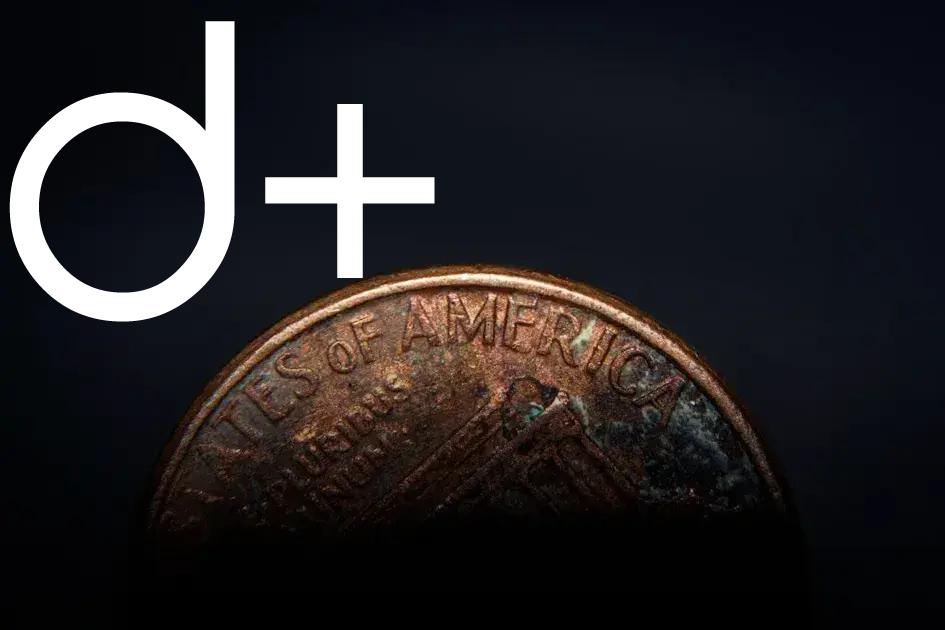The 2024 U.S. Presidential Election is a pivotal moment that could significantly impact the global economy. Understanding the potential changes in economic policies, trade relations, and geopolitical dynamics is crucial. Delve into how new leadership in the United States might reshape international markets and investments.
Economic Policies Under New Leadership
The economic policies under new leadership bring significant change, shaping the international landscape. As these policies unfold, they can influence global economic stability and growth. Governments worldwide are watching closely to understand the potential shifts in these new strategies.
Tax reforms and fiscal policies are often central to new leadership economic approaches. These adjustments can affect the disposable income of consumers and the investment strategies of businesses. It’s crucial for global markets to comprehend these changes to adapt efficiently.
Furthermore, regulatory changes may alter how industries function. Both domestic and international companies might need to adjust their business models. Understanding these changes helps businesses remain competitive in a rapidly changing environment.
What’s also noteworthy is how environmental policies integrated into new economic strategies can affect global trade. As leaders prioritize sustainability, there could be implications for industries heavily relying on natural resources.
Ultimately, changes in economic policies under new leadership not only influence domestic growth but also play a vital role in the global economic structure. This transitional phase offers both challenges and opportunities as markets adapt to new norms.
Trade Relations and Global Markets

The outcome of the 2024 U.S. presidential election could significantly shape trade relations and global markets. Changes in trade policy can lead to shifts in tariffs, which influence the cost and accessibility of goods worldwide. This can affect everything from consumer prices to industrial supply chains. As new leadership potentially redefines alliances, existing trade agreements might be renegotiated, and new partners may emerge as key players. Additionally, the U.S.’s stance on multilateral organizations like the World Trade Organization can alter the dynamics of global trade regulations.
When the U.S. adopts protectionist measures, other countries often respond with their own tariffs and barriers, leading to trade tensions and a potential contraction in international trade volume. Conversely, a government favoring free trade could reduce barriers, promoting a more open market environment. This election could also impact
emerging economies
, as shifts in U.S. policy might affect their ability to access American markets. The policies of the next administration are poised to influence currency exchange rates, as trade balance shifts can lead to fluctuations in the dollar’s value.
The implications on global markets are also intertwined with diplomatic relations. A presidential stance that fosters international collaboration can lead to a more predictable and stable economic environment. Alternatively, policies that prioritize national interests may prompt other nations to reconsider their economic strategies and partnerships. The global economic landscape is closely watching how these trade relations evolve post-election, with many countries preparing for potential adjustments in their own economic policies to align with or counter U.S. strategies.
Impact on Currency and International Investments
The outcomes of the 2024 U.S. Presidential election are likely to significantly influence the value of the U.S. dollar and its position in the global financial market. Investors worldwide closely watch these elections as they affect currency valuations through changes in economic policy, trade agreements, and diplomatic relations. An administration that favors expansive fiscal policy might lead to inflationary pressures, possibly weakening the dollar in comparison to other major currencies.
Alternatively, a focus on deficit reduction and tightening monetary policies can reinforce the dollar’s strength, influencing international investment flows. Nations closely aligned with the U.S. might see fluctuations in their own currencies in response to these policies. This can create short-term volatility as markets react to new policy signals from the U.S. government.
Foreign Investment and Risk
Global investors often reassess their portfolios based on the political climate in the United States. The perceived risk of political instability might deter foreign investments, leading investors to seek safer assets. Conversely, policies that encourage growth and innovation could attract foreign capital, leading to increased investments in U.S. businesses and technology sectors.
Exchange rates and financial strategies employed by multinational corporations may also be impacted, as they adapt to new economic priorities and international trading conditions. Moreover, changes in U.S. foreign policy could prompt shifts in investment patterns, as countries adjust their economic relations with the U.S.
Geopolitical Shifts and Economic Stability

The interplay between geopolitical shifts and economic stability plays a critical role in shaping the global economy. As political landscapes evolve, they directly influence economic policies and stability in different regions. Regional tensions and alliances can lead to significant changes in trade agreements, tariffs, and regulations.
The 2024 U.S. Presidential Election presents a pivotal moment that could lead to a realignment of international relations. Changes in foreign policy strategies may arise, affecting global partnerships and collaborations. For instance, bilateral agreements may see alterations, impacting the economic equilibrium. Countries that have strategic ties with the U.S. might readjust their policies to remain aligned with the new administration’s focus.
Moreover, shifts in geopolitical strategies—be it military presence in certain regions or diplomatic negotiations—significantly impact economic confidence and stability. An increase in geopolitical tensions could mean a higher risk premium, affecting investment decisions worldwide. Traditional allies and rivals will closely watch U.S. foreign policy cues, anticipating potential impacts on global commerce and financial stability.
The interconnectedness of global economies means that political changes in one of the world’s largest economies can trigger ripple effects internationally. Monitoring these geopolitical trends is essential to predict potential economic shifts and prepare for adjustments in the global economic landscape. Understanding these dynamics becomes crucial for stakeholders aiming to navigate the complexities of an ever-evolving international economy.







![BANNER 1 - HOME [QUADRADO]](https://dailyfindinvestment.com/wp-content/uploads/2025/01/BANNER-300-X-300.gif)
